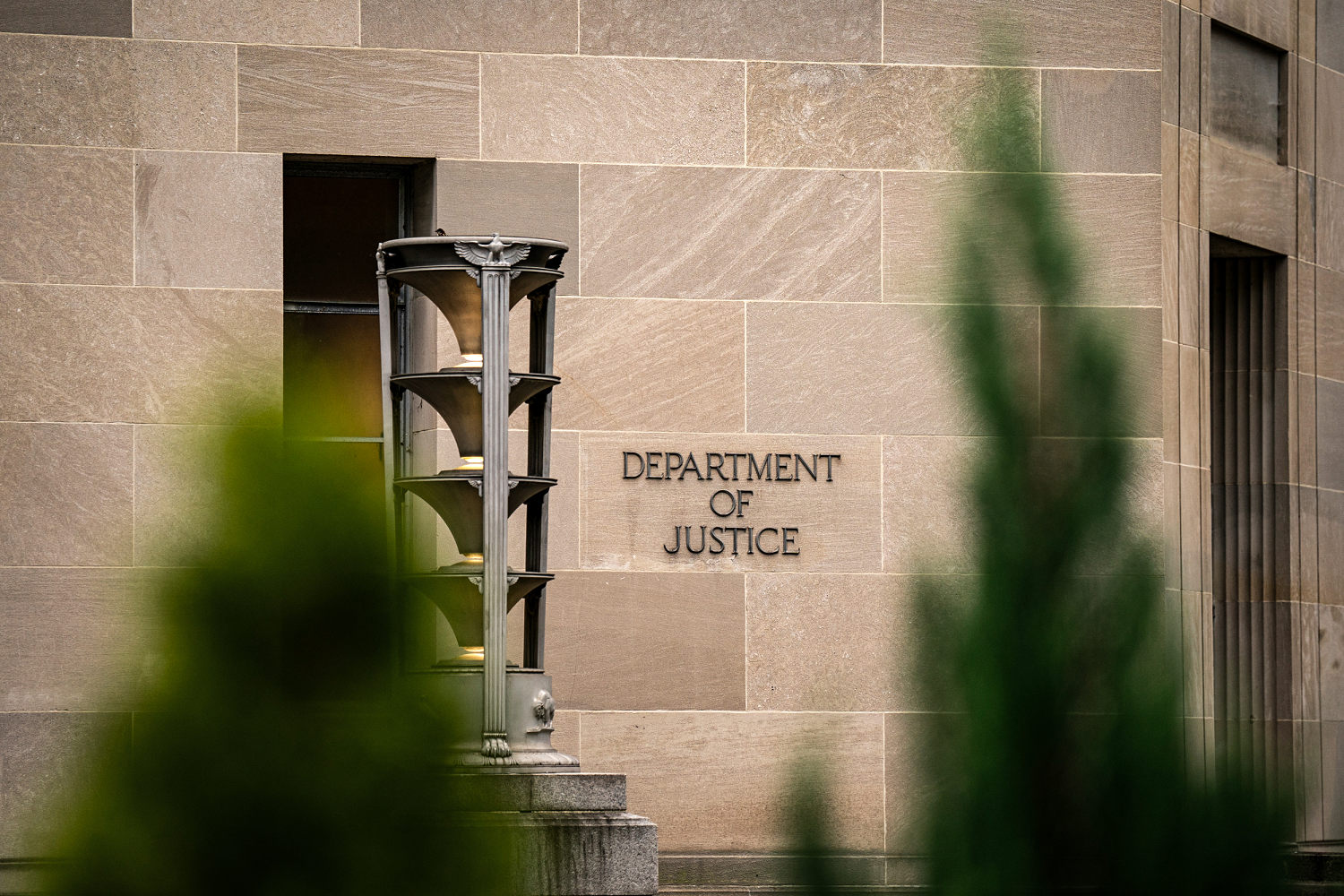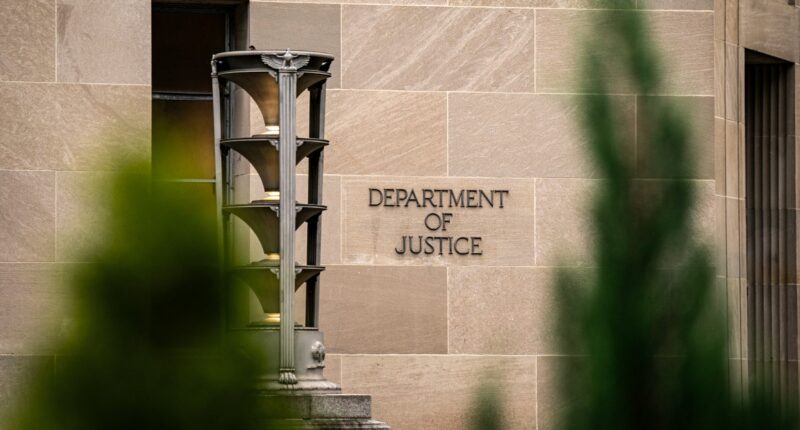Share this @internewscast.com

The Trump administration has taken another step in exerting more control over immigration courts by relaxing qualifications for the hiring of judges.
The administration has recently enforced a regulation that now permits the Justice Department to hire attorneys who lack experience in immigration law to act as temporary immigration judges.
The rule aims to allow the Director, with approval from the Attorney General, to effectively staff immigration courts with an adequate number of skilled and well-prepared judges. This move is intended to help decrease and eventually eradicate the accumulation of pending cases.
Immigration judges are part of the executive branch, not the independent judicial branch of the U.S. government.
Prior to this amendment, temporary immigration judges (TIJs) needed to have prior experience as immigration judges or needed to be working as other government judges and attorneys from other branches. Alternatively, they required a minimum of 10 years of legal experience in immigration law.
The Federal Register notice emphasizes that abolishing specific regulatory limitations is a wise step. It ensures that the Director and Attorney General can assess highly qualified candidates for TIJ roles without restrictions.
The rule change is needed, the administration has said, to address a large backlog of immigration cases.
This rule change follows a series of dismissals or layoffs which have occurred since President Donald Trump assumed office. About 100 immigration judges have either been fired or compelled to step down, significantly reducing their numbers from approximately 650. This has contributed to a massive backlog of around 3.7 million immigration cases, as noted by the International Federation of Professional and Technical Engineers, the union representing immigration judges.
Critics of the new rule say it’s the administration’s way of seating judges who will carry out Trump’s mass deportation agenda.
Elizabeth Taufa, a senior policy strategist and attorney at the Immigrant Legal Resource Center, commented on this trend. She highlighted that it reflects a broader attempt to reconfigure the federal workforce in ways that align with the White House’s goals, minimizing opposition to its initiatives.
Taufa questioned how will the judges be properly trained since they are being hired for a six-month period and new immigration judges generally undergo six weeks of training.
“Due process in immigration court is dubious on a regular day, and this is not a regular day,” Taufa said. “So I think we are going to see a continued erosion of due process. I think we are going to see more folks with specific political bias that are hired in this role.”
The administration has adopted strategies to more quickly deport immigrants, including bypassing some due process protections, which has led to lawsuits and court battles. The administration also has directed immigration judges to dismiss cases so the immigrants challenging deportation or petitioning to stay in the country can be arrested when they leave the courtroom to be enlisted in a sped-up deportation removal proceeding.
In Florida last month, Trump said he would approve a plan proposed by Gov. Ron DeSantis to allow members of the National Guard Judge vocate General Corps (JAG) to serve as immigration judges at the detention center opened in the Everglades, dubbed Alligator Alcatraz.













